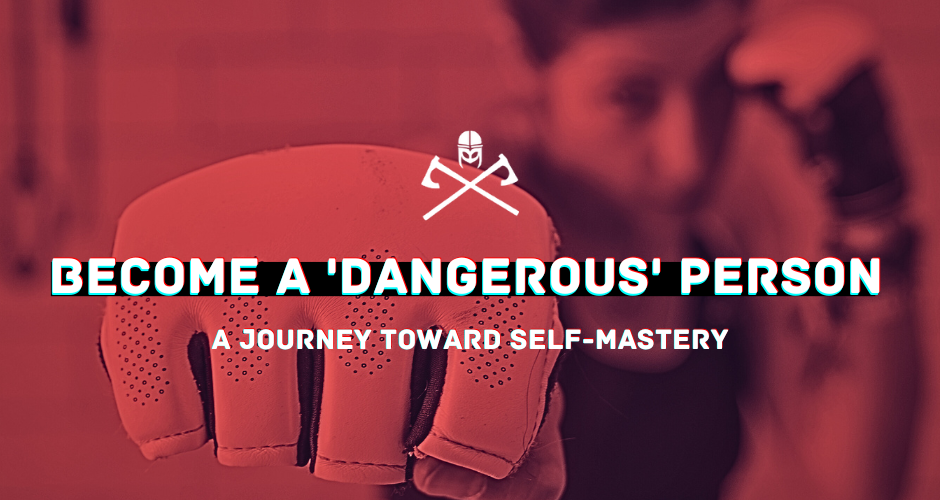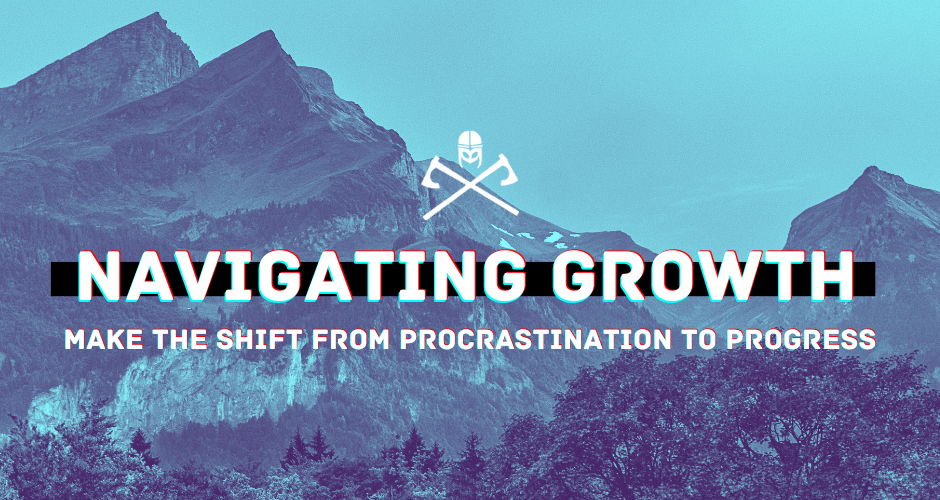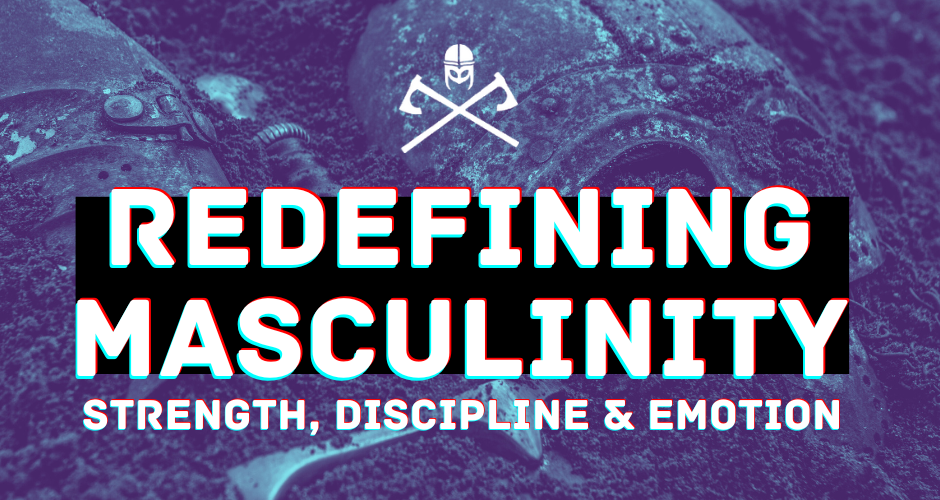
by Gene Crawford | Jan 22, 2024 | Podcast
Have you ever been gripped by a story so powerful it made you question the limits of your own endurance? Let’s embark on a captivating journey through the life of Hugh Glass, a man whose saga redefines the warrior mindset. With a history as rich and wild as the frontiers he roamed, Glass’s epic battle for survival after a brutal grizzly bear attack has etched his name in the annals of American folklore. Let’s unravel the threads of Glass’s past—from his unexpected stint as a pirate to his deep bonds with the Pawnee tribe—and extract the unyielding spirit that propelled him beyond the imaginable.
I don’t want this to be a recount of history; it’s a reflection on the human condition and our boundless capacity for overcoming adversity. As we navigate the rugged terrain of Glass’s recovery, we draw parallels between his relentless pursuit of life and the modern battles we face in our personal and professional landscapes. What can the ferocity of a man who refused to succumb teach us about fortitude in the face of our own “sub-zero conditions”? Let’s find out together, and perhaps in the process, redefine the true essence of a warrior mindset.
(more…)

by Gene Crawford | Jan 14, 2024 | Podcast
Get set for an adventure into personal mastery! Heather and I promise a journey of self-discovery as we share insights into becoming a ‘dangerous’ person – a term we use to describe someone possessing mental resilience, physical strength, and a deep sense of self-awareness. Guiding you through the five mountains of self-mastery, as taught to me by Coach Mark Divine, we’ll arm you with practical advice on developing mental, physical, and spiritual strength.
This episode is not just about mental grit; we explore the therapeutic power of writing down your negative thoughts and setting clear goals. We share our personal experiences and strategies for maintaining focus and holding boundaries. Inspired by a quote from Warren Buffet, we delve into the importance of prioritizing and the value of saying ‘no’. We also highlight the significance of physical strength, discussing our experiences with fitness challenges like 75 Hard and No Zero.
We’ll get candid about the importance of venting and trusting allies, the potential pitfalls of holding grudges, and how to build self-awareness. We encourage you to embrace discomfort, overcome fear, and step out of your comfort zone. By the end of the episode, you’ll be ready to confront your fears and uncertainties with integrity, and become an all-around badass, fully equipped to tackle any obstacle that comes your way. So, buckle up and get ready for a deep dive into the journey towards becoming a ‘dangerous’ person!
(more…)

by Gene Crawford | Jan 7, 2024 | Podcast
Ever feel like you’re merely surviving your day-to-day responsibilities, instead of strategically guiding your own journey? Join us as we embark on a reflective exploration of our careers, talking through the evolution from hands-on tasks to strategic thinking. We discuss the realities of this shift, its role in our organization, the fresh responsibilities it brings us, and the necessity of maintaining balance, especially as we make plans for the upcoming year.
Personal and professional growth is an ongoing process. It requires strategic thinking, gratitude, and consistent action. By embracing these principles, we can navigate a transformational journey and find value in our roles in life and business. Whether it’s celebrating minor wins, managing societal pressures, or maintaining consistency in various aspects of life, every step contributes to the larger journey of personal and professional transformation.
Remember, growth is a journey, not a destination. So, keep growing, keep learning, and keep moving forward!
(more…)

by Gene Crawford | Dec 17, 2023 | Podcast
Get ready for an interesting chat with my guest host, Darren Norris @norrisactual, as we explore different aspects of masculinity, moving away from what you’d normally expect from someone like Arnold Schwarzenegger. We discuss our views on masculinity; covering teamwork, self-discipline, and facing challenges head-on. We also dive into our life experiences, highlighting qualities like strength and the importance of learning life skills. Through personal stories, we stress the value of integrity and character. The discussion extends to topics like inspiration, wisdom, and how staying active contributes to mental well-being. We touch on societal views of masculinity, emphasizing the need to break free from expectations. Wrapping up, we reflect on fitness, self-discipline, and the impact of positive character traits on our lives. Join us for this thought-provoking talk, encouraging you to embrace your own version of masculinity without conforming to societal norms.
(more…)

by Gene Crawford | Dec 11, 2023 | Podcast
Explore the thrilling world of Grid, a unique team sport combining the excitement of American Ninja Warrior, football strategy, and CrossFit intensity. Joined by Gainesville Wild’s owner and head coach, we unravel the sport’s captivating universe. From adrenaline-pumping races to the delicate balance of strength, utility, and body weight movements, Grid provides a lively platform for athletes to showcase their strengths. Constructing a formidable Grid League team goes beyond assembling superb athletes; it’s about building a family. Dan’s journey, as the head coach and owner, reflects the rollercoaster of investing time, money, and energy into a venture without guaranteed returns. Yet, the reward lies in the team’s growth and unity, emphasizing our values of communication and mutual support.
Leadership in a team demands assertiveness, trust, and effective communication, topics I’ll explore with Dan. Looking into the future, we discuss plans for the upcoming season, tryouts, and sponsorships. Our journey doesn’t end here; as we prepare for the FGL/AGL and Grid’s overall growth, Dan shares his experiences as a player and leader, offering an enticing glimpse into the community, competition, and excitement that grid brings. Get ready for this episode to redefine your perception of fitness and competition!
(more…)





